Addressing fundamental questions in plant science through synthetic biology
Addressing fundamental questions in plant science through synthetic biology
Recorded July 10, 2019
About This Webinar
In this seminar, we examined the role that synthetic biology can play in answering fundamental questions in plant science. In studying plants for the past hundred years, we’ve learned a great deal about the mechanistic underpinnings of development and metabolism. However, the predominant approaches to plant research, including molecular biology and genetic screens, have certain technical and practical limitations. The new tools offered by synthetic biology allow researchers to ask novel questions, which will be apparent when discussing our panelists’ work on development and photosynthesis. Synthetic biology also allows us to test our mechanistic understanding by composing novel biological systems whose predicted behavior is based on this understanding. In this seminar, we discussed how studying these novel systems can lead us to flaws or exceptions in the accepted biological dogmas, and thereby deepen our understanding of plant science. We also discuss how the novel insights granted by these techniques can be leveraged to improve plants.
This webinar is freely available thanks to the support of the American Society of Plant Biologists. Join Today.
PANELISTS
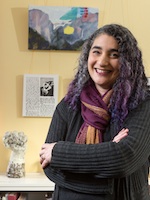 Jennifer Nemhauser is a professor at the University of Washington. She has been studying plant hormones, signaling networks, and development for a long time. Before taking her faculty position at the University of Washington in 2006, Jennifer did her doctoral work on auxin and flower development at Berkeley with Pat Zambryski, followed by postdoctoral work on hormone interactions during seedling development at the Salk Institute with Joanne Chory.
Jennifer Nemhauser is a professor at the University of Washington. She has been studying plant hormones, signaling networks, and development for a long time. Before taking her faculty position at the University of Washington in 2006, Jennifer did her doctoral work on auxin and flower development at Berkeley with Pat Zambryski, followed by postdoctoral work on hormone interactions during seedling development at the Salk Institute with Joanne Chory.
 Amanda Cavanagh is a postdoctoral researcher at the University of Illinois, where she asks questions about plants, photosynthesis, and climate change. She is currently working with the Realizing Increased Photosynthetic Efficiency (RIPE) project to harness advances in photosynthesis research to facilitate yield increases of staple food crops in developing countries. She did her Ph.D. with David Kubien at the University of New Brunswick, Canada.
Amanda Cavanagh is a postdoctoral researcher at the University of Illinois, where she asks questions about plants, photosynthesis, and climate change. She is currently working with the Realizing Increased Photosynthetic Efficiency (RIPE) project to harness advances in photosynthesis research to facilitate yield increases of staple food crops in developing countries. She did her Ph.D. with David Kubien at the University of New Brunswick, Canada.
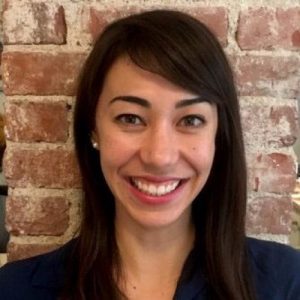 Jennifer Brophy is a Burroughs Wellcome Fund CASI Fellow at Stanford University in José Dinneny’s lab. She received her Ph.D. from MIT where, working with synthetic biologist Chris Voigt, she developed methods to tune gene expression and engineer recalcitrant species of bacteria. She’s currently using synthetic biology to learn how to reprogram plant development.
Jennifer Brophy is a Burroughs Wellcome Fund CASI Fellow at Stanford University in José Dinneny’s lab. She received her Ph.D. from MIT where, working with synthetic biologist Chris Voigt, she developed methods to tune gene expression and engineer recalcitrant species of bacteria. She’s currently using synthetic biology to learn how to reprogram plant development.
MODERATOR
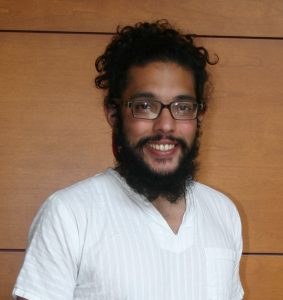 Arjun Khakar A Grand Challenges postdoctoral fellow at the University of Minnesota working with Dan Voytas.
Arjun Khakar A Grand Challenges postdoctoral fellow at the University of Minnesota working with Dan Voytas.
This webinar is free is freely available thanks to the support of the American Society of Plant Biologists
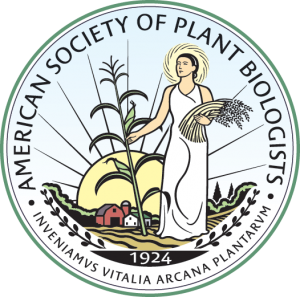
If you would like to sponsor an upcoming webinar please contact [email protected]


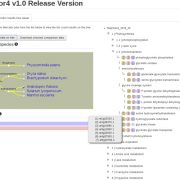
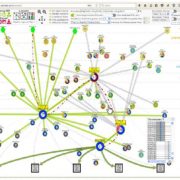
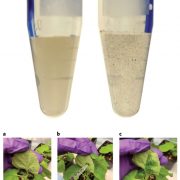
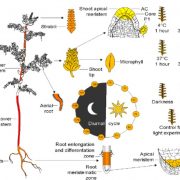
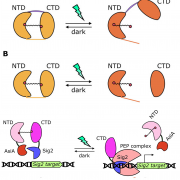
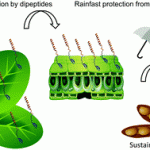

Leave a Reply
Want to join the discussion?Feel free to contribute!